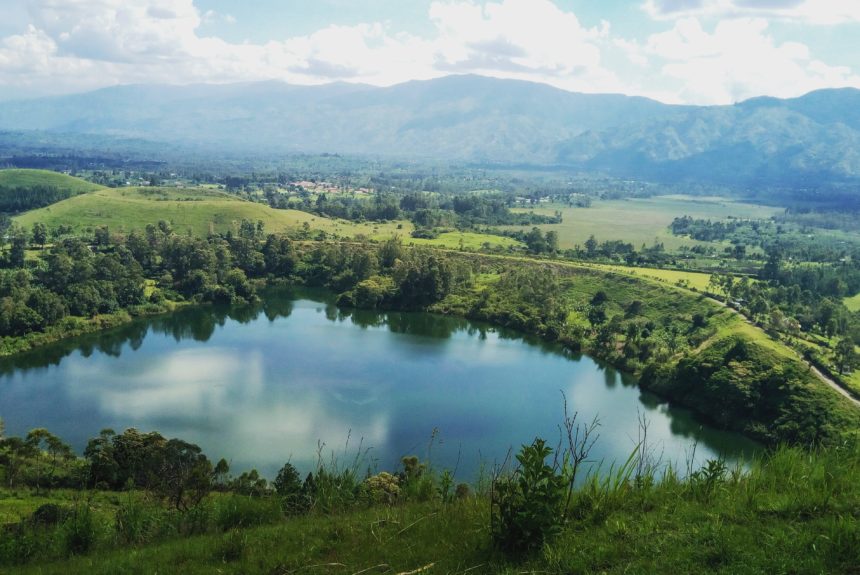It’s easy to grasp the immense power of private property when you hear about a Ugandan woman who may die without it. In Uganda and countries across Africa, many women are widowed by war, disease or violence. When this happens, they are left alone to tend the family’s land and their children.
It would be hard enough to do it without added difficulty, but violent men often prey on these vulnerable women, attacking them physically, seizing their property and forcing them into a life of desperation. The women are often left homeless, starving and at the mercy of the natural world.
“It’s not an overstatement to say that land is life,” said Jesse Rudy, founder of Redeem International, a Christian non-profit organization dedicated to protecting Ugandan widows and their property. “It’s your source of food, income, shelter, social status, your only way of creating savings and amassing wealth.”
Stealing a woman’s land is often a “death sentence,” said Jesse, in an interview with C3. They are forced to fend for themselves without the tools to do so. As a result, the women often don’t survive and their deaths go unnoticed, unrecognized and unrecorded.
“They will literally disappear, as if they didn’t matter,” said Rudy.
The mission to help these women began with International Justice Mission (IJM), another Christian non-profit organization committed to combatting violence against women and children in the name of Jesus worldwide. Staff in their Ugandan field office, including Rudy, saw how widespread property theft had become and were compelled to aid and protect these vulnerable women.
IJM began to facilitate programs that would do so. These included helping to re-establish the effectiveness of local law enforcement, building barriers around their properties and helping women secure titles and invest in their homes. Law enforcement was critical for criminal deterrence — and the safety and ultimate prosperity for women and their families.
Their efforts led to a nearly 90% reduction in the odds of a widow being run out of her home. A widow’s private property is her foundation, giving her ownership, an ability to create value for her family and an incentive to cultivate land, home, country and community well. Private property rights offer her the freedom to flourish economically and build a prosperous life.
In one recent case, a woman was chased off her own property with a machete. She eventually got back to her property, planting crops and harvesting sesame — only to later have her crops stolen, her house burned and her son beaten by predators. Redeem was able to help, arresting 13 people for a number of offenses, including bodily harm, assault and battery and criminal trespassing.
While IJM’s tactics on the ground were successful, they began to require a more specialized focus to succeed and expand long-term. This was bigger than a project.
Rudy, who started at IJM as the Director of the field office in Kampala in 2009, had worked closely with staff on the ground to facilitate the original program. When the need arose to develop a new organization to strengthen it, he founded Redeem, which focuses exclusively on widows and their property rights, using the successful IJM model.
Launching Redeem in February 2020 proved difficult given the unexpected genesis of the COVID pandemic weeks later. Fundraising avenues and staff hires were put on hold. Rudy and his team adjusted expectations and worked with minimal funding for a time. They faithfully persisted in their vision and in December 2020, they had their first success story — returning a widow to her home and arresting the man who had destroyed her home, raped her niece and driven her family from their land.
The value of their work cannot be overstated. By rescuing these women from violent predators and restoring their property rights, Redeem literally saves their lives and changes the trajectory of their family’s future forever.
“These families are being destroyed by death and then sin comes into that and exploits it,” said Rudy. “But we are called, as members of the body of Christ, to stop it and redeem it, to restore back to health and help offer a life of flourishing.”
The views and opinions expressed are those of the author’s and do not necessarily reflect the official policy or position of C3.
